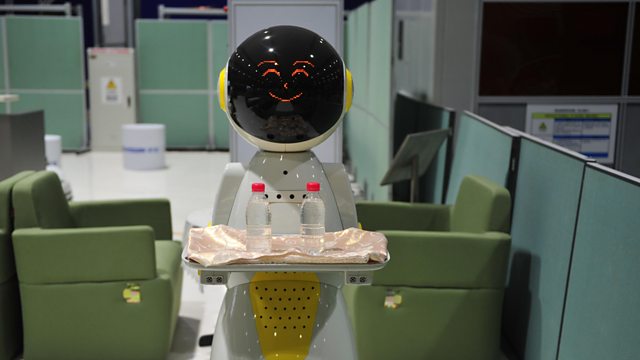The pandemic brings more robots
What will be the impact of greater automation in the workplace?
The world鈥檚 major economies are moving again thanks to mass vaccination against the coronavirus. President Biden says a higher demand for workers will help them negotiate increased wages and better conditions. But instead of welcoming them back, many businesses are replacing workers with automation and artificial intelligence - often a much cheaper and more reliable option in the long term. Even before the pandemic, one influential think tank predicted nearly 25 percent of jobs are being lost to automation. And it is believed that the months of lockdowns have accelerated that shift, especially in routine low-skilled jobs that require minimal human interaction. So where is the shift happening and how has the pandemic affected trends? What jobs are under threat, what are educators and policymakers doing about it, and could it actually mean more people doing more creative and fulfilling jobs? Paul Henley is joined by a panel of experts to discuss how accelerated automation is changing the world of work.
Last on
More episodes
Next
Contributors
Michael Chui - Partner at the McKinsey Global Institute
Hamoon Ekhtiari - Founder and CEO of FutureFit
Rachel Statham - Senior Research fellow at the Institute for Public Policy Research
Kate O鈥橬eill - Founder of KO Insights & host of The Tech Humanist Show
Also featuring:
Rob Carpenter - CEO and Founder of Valyant AI
Grace Lordan - Associate Professor, London School of Economics
Picture
Broadcasts
- Fri 9 Jul 2021 09:06GMT主播大秀 World Service
- Fri 9 Jul 2021 23:06GMT主播大秀 World Service
- Sat 10 Jul 2021 03:06GMT主播大秀 World Service
The Real Story Podcast
Subscribe via your favourite podcast app...
Podcast
-
![]()
The Real Story
Global experts and decision makers discuss, debate and analyse a key news story.


